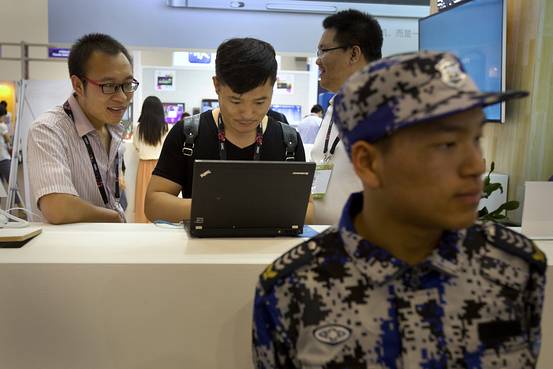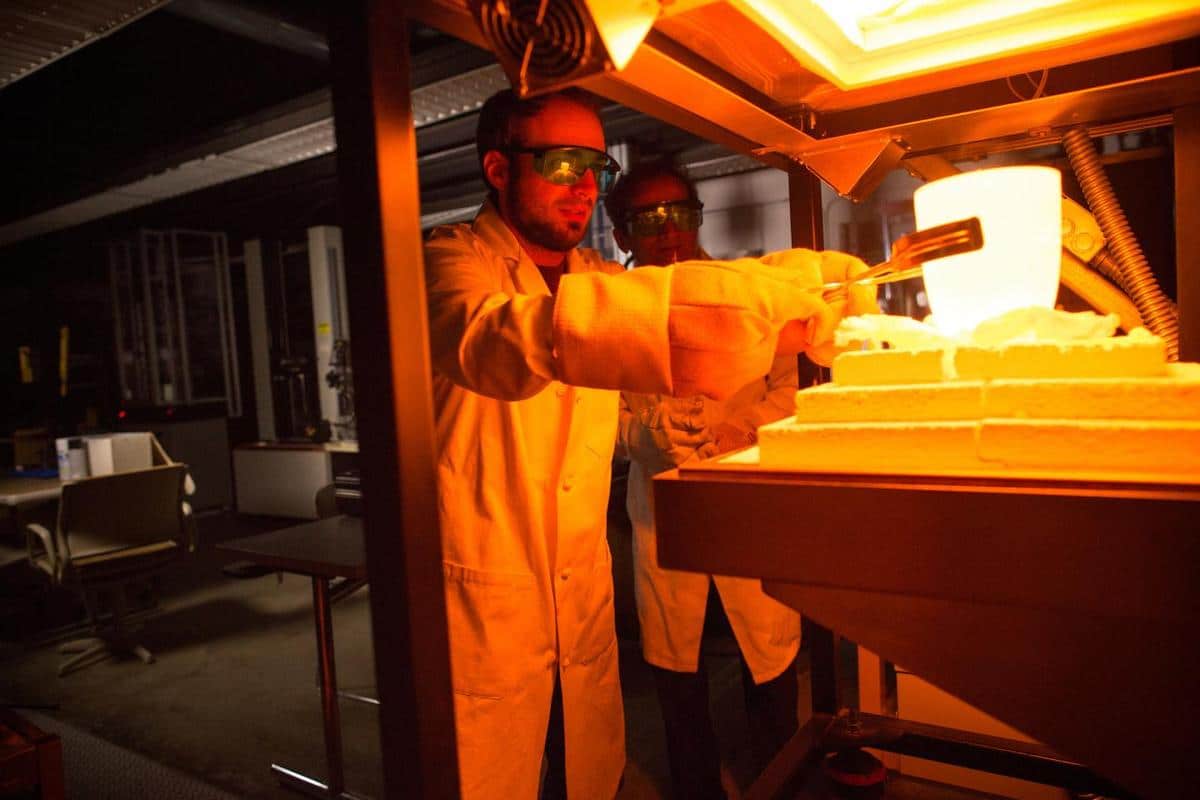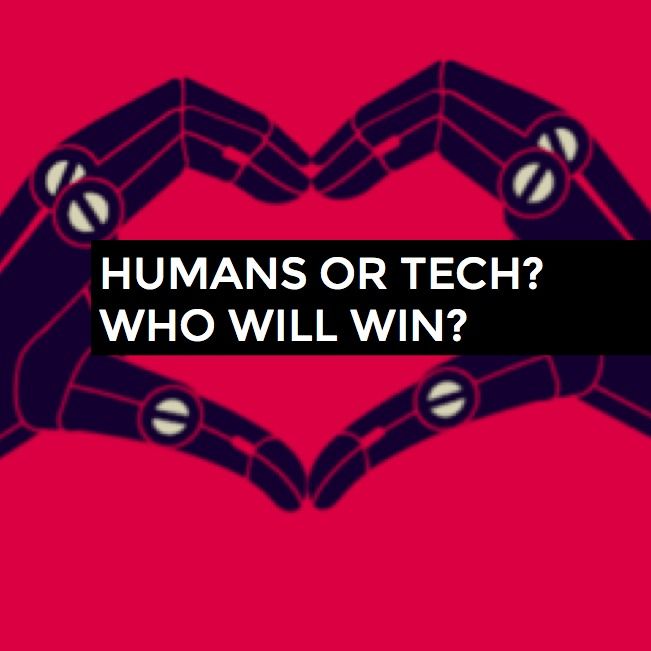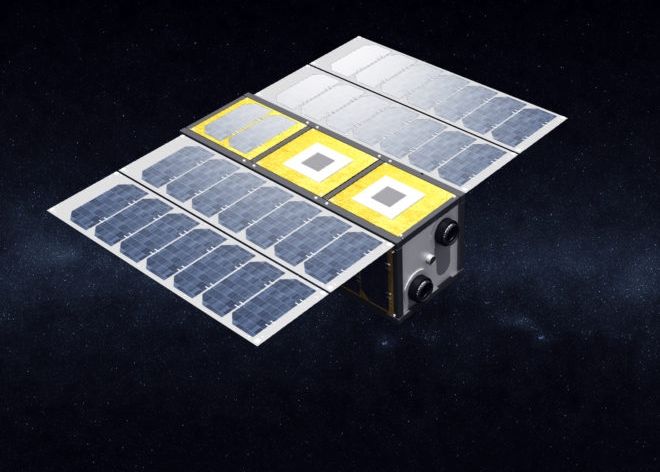The big kahuna of American rocket companies is the United Launch Alliance, a joint venture of Boeing and Lockheed Martin that until this year held a monopoly on the lucrative business of launching rockets for the US Air Force.
But that monopoly is no more. The company faces a new era of competition as Elon Musk’s maturing SpaceX aims to fly more space missions in one year than ULA does, and as Jeff Bezos’ Blue Origin breaks ground on a new factory for orbital rockets.
ULA, for its part, isn’t sitting still. “I came here to transform the company, position it in this new competitive marketplace with all these different players,” says Tony Bruno, who took the CEO job at ULA in August 2014 after a three-decade career in Lockheed’s missile-defense business. In his first full year in charge, ULA returned more than $400 million in operating profits to its two owners, but the company must prepare for when its final no-bid launch contract expires in 2019.








